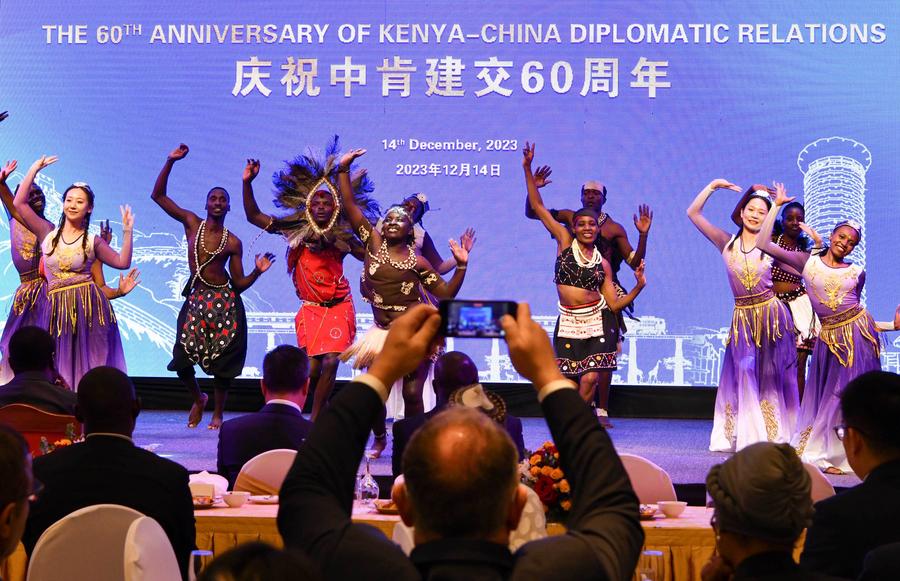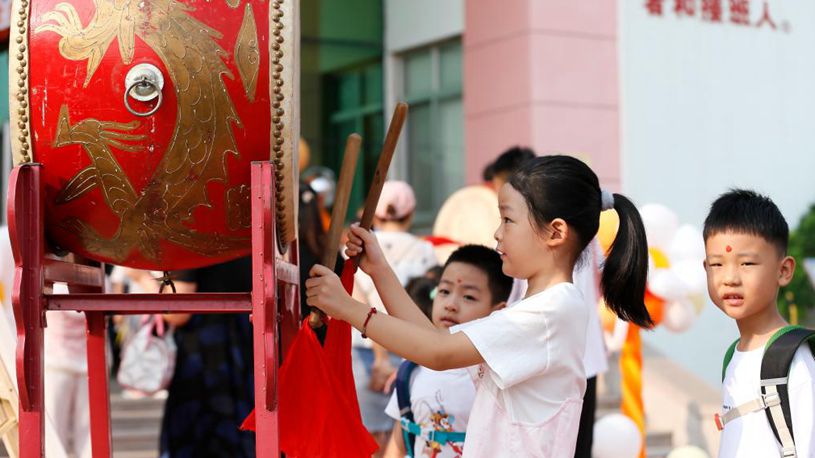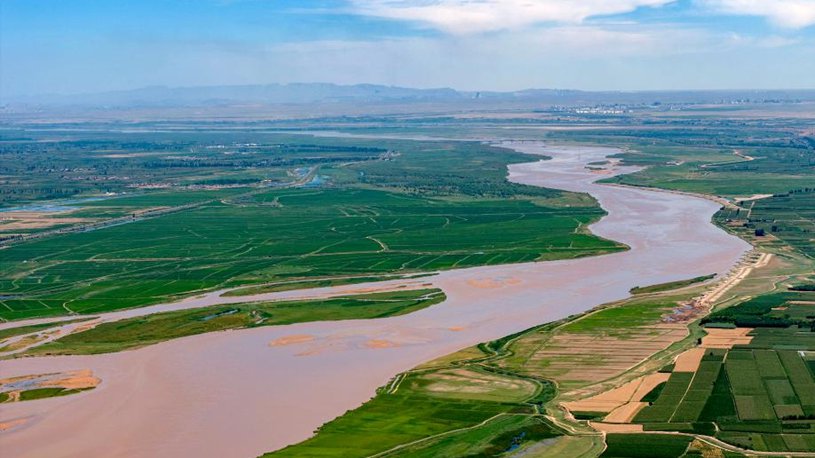
As China continues to open its market, Kenya could take full advantage of this by boosting trade in goods and services. This will significantly boost Kenya's economy, highlighting an equitable, sustainable, and inclusive partnership for long-term mutual benefits.
by Zhou Pingjian
The relationship between China and Kenya has evolved significantly over the past six decades, during which the two countries have developed a comprehensive strategic cooperative partnership characterized by political trust, economic cooperation, cultural exchanges and mutual understanding. In the lead-up to the 2024 Summit of the Forum on China-Africa Cooperation (FOCAC), it's crucial to review this evolution, its benefits to Kenya and Africa, and the future of continued cooperation.
The China-Kenya relationship has deep historical roots which can be traced back over 600 years ago to Zheng He's voyages to East Africa. Bilateral formal diplomatic relations began on Dec. 14, 1963, two days after Kenya's independence. Since then, the relationship has been defined by mutual respect, shared values, and a focus on political and economic collaboration through frequent high-level exchanges and significant cooperation projects.
Nowadays, under the guidance of Chinese President Xi Jinping and Kenyan President William Ruto, the two countries are jointly working to build an even closer China-Kenya community with a shared future in the new era.
Politically, China and Kenya have supported each other on critical issues. Both nations have advocated for each other's core interests, including Kenya's adherence to the one-China principle and China's sovereignty. Such mutual support has been evident at international forums like the United Nations, where Kenya and China have advocated for each other's rights.
The Belt and Road Initiative has been central to bilateral cooperation, bringing substantial investments in infrastructure, trade, and education, profoundly impacting Kenya's development.
Projects like the Mombasa-Nairobi Standard Gauge Railway and the Nairobi Expressway have revolutionized Kenya's infrastructure, improved development and people's well-being, and further integrated Kenya into the global economy. These projects align with Kenya's Vision 2030, a long-term plan to transform Kenya into a newly industrialized, middle-income country with a high quality of life.
Beyond infrastructure, China has supported Kenya's agricultural sector. The Kenya-China Belt and Road Joint Laboratory for Crop Molecular Biology at Egerton University and the Sino-Africa Joint Research Center at Jomo Kenyatta University of Agriculture and Technology have advanced crop breeding, technology transfer, and personnel training, which are vital for Kenya's agriculture.
Educational and cultural exchanges have been significant to the China-Kenya relationship. China has provided scholarships to thousands of Kenyan students, granting them higher education opportunities in China. This investment in human capital is crucial for Kenya's development, as these students return with valuable skills and knowledge.
Educational initiatives extend beyond scholarships. The Luban Workshop at Machakos University, a collaboration between Tianjin City Vocational College and Chinese technology giant Huawei, has introduced advanced technologies like cloud computing to Kenyan students. This initiative is part of a broader strategy to develop ICT talent in Kenya, supporting the country's ambition to become a regional technology hub.
The four Confucius Institutes in Kenyan universities and Confucius Classrooms in local schools have also fostered cultural understanding by offering opportunities to learn Chinese and explore Chinese culture. These cultural exchanges strengthen long-term relationships between the two countries, ensuring the partnership is rooted in shared values and mutual respect.
The concept of a shared future, as promoted by Chinese President Xi Jinping, is central to the China-Kenya partnership. This vision aligns with Kenya's goals for sustainable development, poverty alleviation, and social progress. By working together, China and Kenya can tackle challenges such as public health, security, and economic inequality, contributing to a more stable global community.
Looking ahead, both sides can deepen cooperation in an array of areas, notably technology and innovation. China's advancements in digital infrastructure, telecommunications, and e-commerce present opportunities for Kenya to enhance its tech landscape. Sustainable development and environmental protection are also critical areas. China's commitment to green energy and sustainable agriculture aligns with Kenya's growth goals. Leveraging China's expertise, Kenya can advance renewable energy and environmental conservation efforts to support global climate change initiatives.
China's economic reforms have greatly influenced Kenya and Africa. The third plenary session of the 20th Central Committee of the Communist Party of China marked a pivotal moment, introducing resolutions with significant implications. China's alignment with global standards and commitment to enhancing trade and investment frameworks has created numerous opportunities for Kenya.
As China continues to open its market, Kenya could take full advantage of this by boosting trade in goods and services. This will significantly boost Kenya's economy, highlighting an equitable, sustainable, and inclusive partnership for long-term mutual benefits.
Editor's note: Zhou Pingjian is Chinese Ambassador to Kenya.
The views expressed in this article are those of the author and do not necessarily reflect the positions of Xinhua News Agency.■











